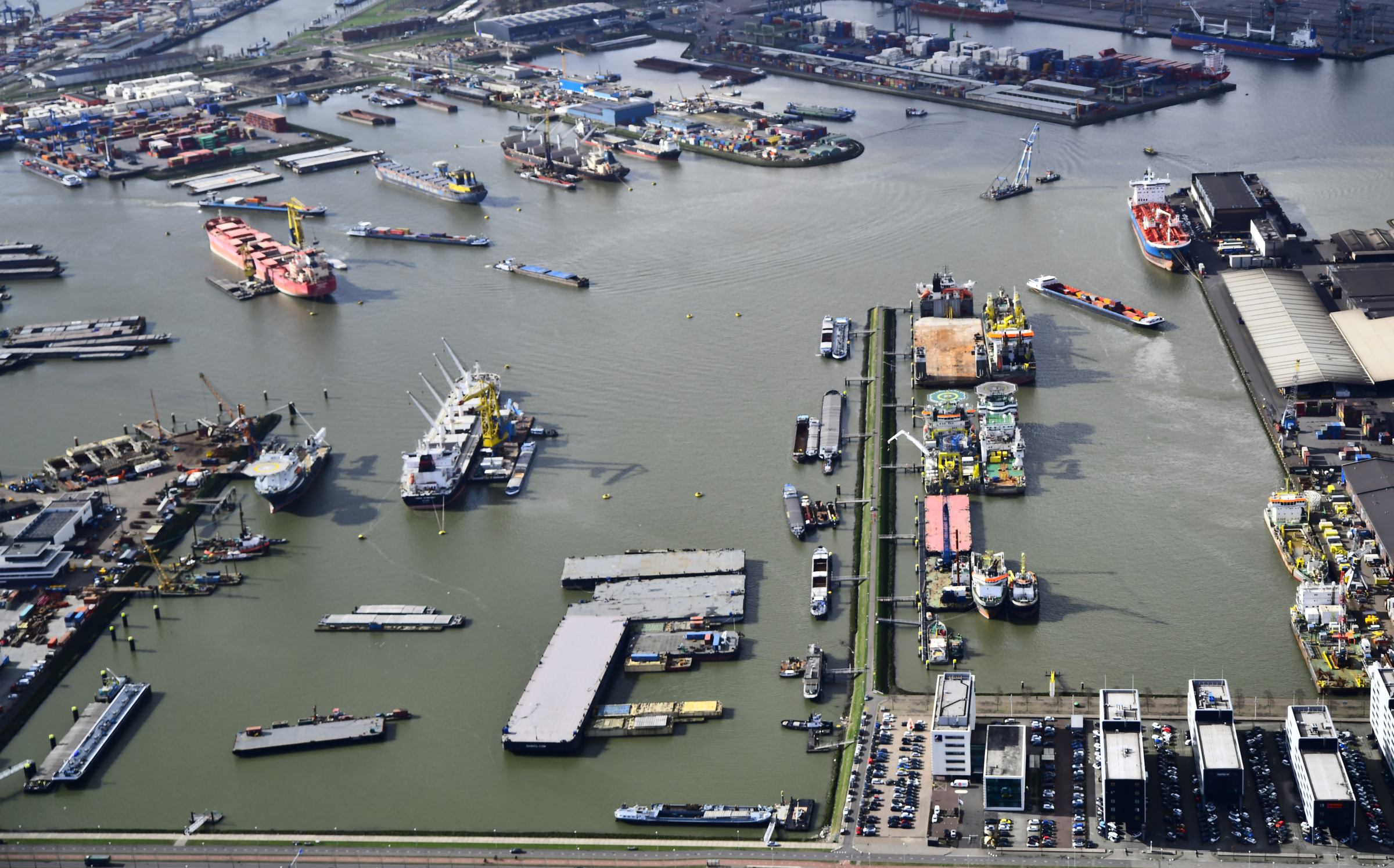
The Port of Rotterdam Authority and Eneco are going to construct shore-based power facilities in the Waalhaven, Rotterdam (the Netherlands) so that moored Boskalis vessels can run on green electricity instead of fossil fuels.
The shore-based power installation will be built on the Boskalis site in the Waalhaven, Rotterdam. There are two berths on the quay at this location, which are both frequently used. Vessels come to the Boskalis Waalhaven location for maintenance and to be mobilized for offshore projects.
The intended completion date of the green shore power installation is 1 June 2023, and it will supply 2 GWh of green electricity per year. This will reduce CO2 emissions by 1.6 kiloton per year. With this project Boskalis is demonstrating ‘green leadership’, which is good for the port, for the climate and for local residents.
Shore power is an important part of the energy transition and this project fits in with the joint shore power strategy of the Port of Rotterdam Authority and the City of Rotterdam, and with Eneco’s One Planet strategy, which aims to achieve climate neutrality by 2035. At present, moored vessels often run on generators to provide the necessary power on board thereby creating emissions. Green shore power offers the opportunity to reduce these emissions by up to 90% by providing vessels with a clean source of energy and switching off generators also helps to reduce noise.
After the shore power electricity installation on the Rozenburg peninsula and the Hoek van Holland ferry terminal in Rotterdam, the Boskalis location in the Waalhaven will be the third quayside electricity installation for seagoing vessels in the Port of Rotterdam.
Eneco and the Port of Rotterdam Authority are implementing this project through the Joint Venture Rotterdam Shore Power. They own the shore power installation and offer the green shore power ‘as a service’. Boskalis is realizing the grid connection under its own management. Eneco is supplying the green power to Boskalis, which comes from Dutch Eneco wind & solar sources. The project is co-financed by the City of Rotterdam and the European Union through the European Regional Development Fund.